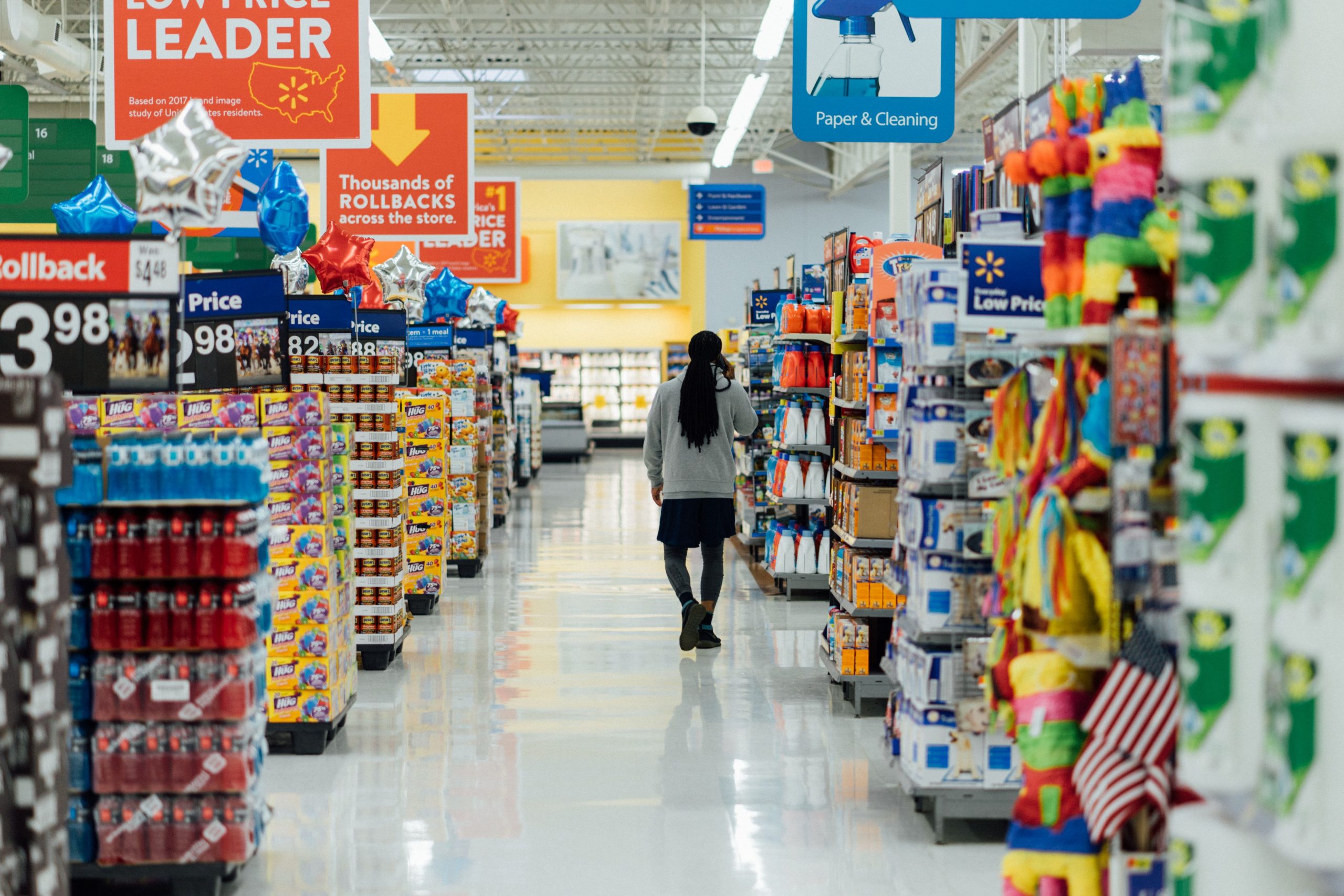The COVID-19 pandemic has had an impact on every aspect of
regular life. It was changed the way we travel, the way we interact and the way
we work.
Now, new research indicates that the pandemic has also changed
the way people buy their food.
As an essential business, grocery stores remained open and
thrived throughout the pandemic. However, this increasing prosperity did not
translate to a sufficient and continuous food supply for many.
Also Read | Italy’s Calabria region plans to pay you for settling in picturesque areas
Researchers at the University of Connecticut found that on
average, people went to grocery stores less and spent more during the pandemic.
A team of researchers led by Professor Ran Xu of the University
of Connecticut’s College of Agriculture, Health and Natural Resources recently
published a paper in the journal Public Health that evaluated how perceived
risk aversion, resource scarcity and consumers’ food security status affected
food buying behaviours in the United States.
The team found that just like food-secure individuals, food in-secure
individuals made fewer grocery shopping trips due to concerns over the
pandemic. But, unlike food-secure individuals, they did not increase their
spending per trip.
Also Read | Will never apologise for who I am: Markus Rushford after racist abuse
Conducted in May 2020, the study focussed on food-insecure
individuals battling financial difficulties in buying food. Food security was
measured along two parameters in accordance with the US Department of
Agriculture’s longer food insecurity survey.
The researchers evaluated participants’ food shopping behaviours
such as visits to stores, frequency of trips and average food expense. They
compared these measures with their shopping experience before the pandemic.
Also Read | No spectators, no hugs: Olympics in the times of a pandemic
A total of 2,500 respondents from around the US were surveyed
for the research. Food-secure individuals tended to spend more per trip. But
food-insecure individuals could not prepare in the same way owing to
constraints on their resources.







